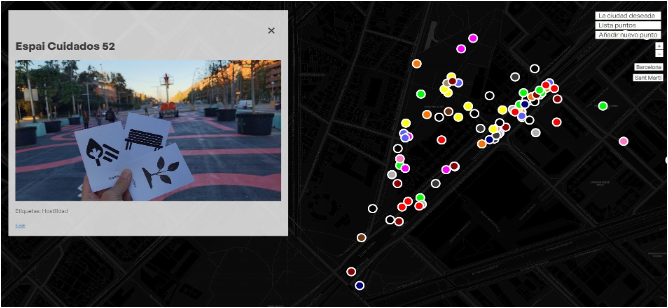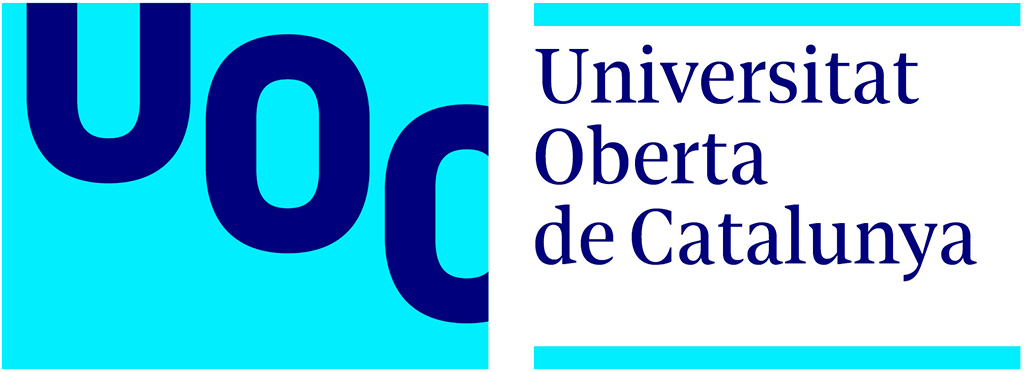A collaborative digital platform designed to map barriers and inequalities in a specific space or environment (urban, educational, institutional, business-related, etc.). The platform enables the collection and analysis of geolocated qualitative data with the direct involvement of diverse groups. It facilitates the mapping of real-life experiences related to mobility, care, accessibility, and spatial use. The resulting collaborative maps help to understand spaces as relational and immersive environments, supporting decision-making processes aimed at creating more inclusive, accessible, equitable, and caring settings.
Key features:
- Open-source interface
- Direct participation of the groups acting in the mapped area
- Multimedia data (audio, text, images, location) gathered through commonly used tools and apps (e.g., sending audios or geolocated images via WhatsApp)
- Adaptable to various spaces or environments and different groups
- Suitable for integration into diagnostic, planning, or applied research processes
Outputs and deliverables:
- Collaborative map adapted to the space and the groups involved
- Report with a participatory diagnostic on barriers, opportunities, and improvement proposals
- Open and reusable database
Why the Critical Cartographies Platform for Inclusive Environments is innovative?
- It combines technology, citizen science, and critical social research in a single tool
- It captures marginalised voices (gender inequalities, older people, migrants, people with disabilities, etc.) and transforms them into useful data for reshaping spaces
- It functions as an open infrastructure for the co-creation of localised and applicable knowledge
- It promotes the use of inclusive technologies and methodologies that do not require advanced digital skills
- It includes personalised guidance and support for autonomous use of the tool
The NODES research group offers solutions developed by a multidisciplinary team of specialists in education, communication, and urbanism, providing a holistic approach.
NODES works in collaboration with the Mediaccions group (UOC), which leads the design and technological direction under the guidance of researcher Efraín Foglia, the project’s co-lead.
- Service
- Digital Accessibility
If you would like more information, please contact us with the reference 'Critical Cartographies Platform for Inclusive Environments.'

